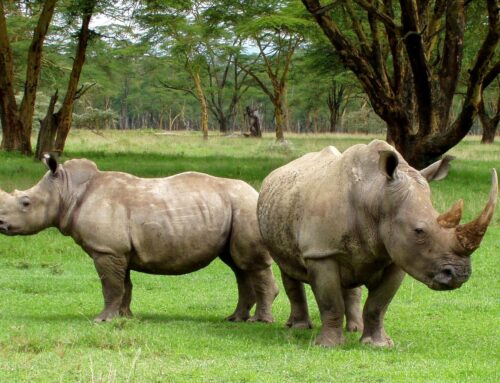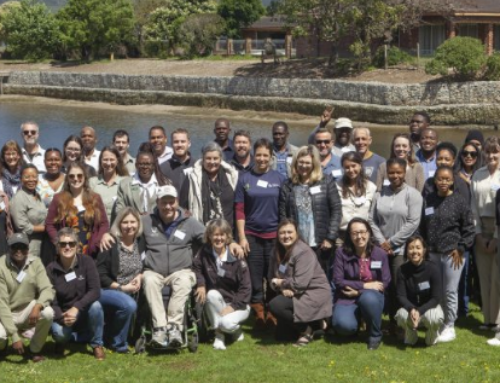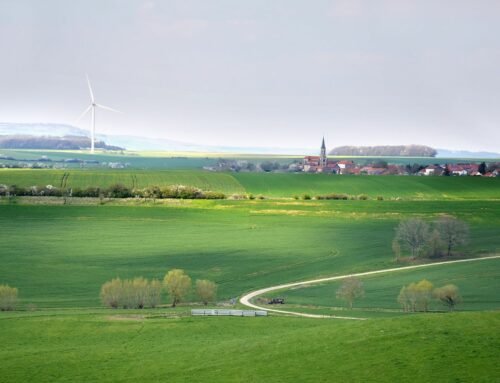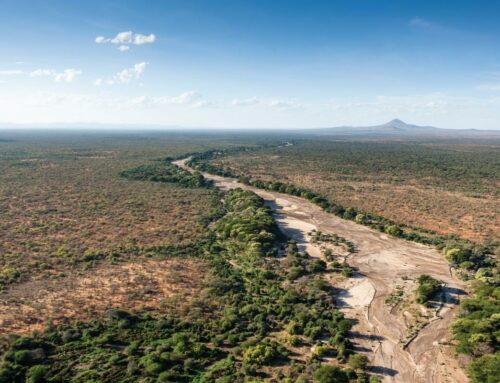Funding is available for one PhD and three MSc projects, which fit into a bigger research programme on the effects of bush encroachment on the herbaceous layer: mechanisms, feedbacks and thresholds. The project team comprises Susi Vetter and Brad Ripley (Botany Department, Rhodes University) and Sally Archibald (School of Animal, Plant & Environmental Sciences, Wits).
Background and project information: Bush encroachment is global phenomenon that has important impacts on grassy ecosystems, causing potentially rapid shifts to functionally distinct forest or thicket. Key to the regime shift between grassland and forest appears to be the loss of a flammable C4 grass layer. The lack of a generalised understanding of the consequences of increased woody cover on grass species composition, and the mechanisms underlying the resultant feedbacks that precipitate biome switches, thus represents a significant research gap. We are interested in what happens as tree cover in savannas increases, and in the nature of the interactions and feedbacks that lead up to and beyond the “point of no return” between grassland and forest. Specific research questions are:
1. How exactly do increasing tree canopies affect grass biomass, composition and the microenvironment, and what
does this mean for ecosystem functioning and ecosystem services in rangeland ecosystems?
2. As bush encroachment results in denser canopies, which grasses are most affected ‐ and why?
3. Are there predictable thresholds (e.g. of light transmittance) at which a functional shift takes place in the
herbaceous layer?
4. What are the feedbacks of changes in the herbaceous layer on fire regimes and utilisation by herbivores?
5. Can these findings be applied to improving the effectiveness of using fire as a tool to control bush encroachment?
We are working across multiple scales from individual plants to landscapes and regions to generalise this
understanding spatially, and along gradients of mean annual rainfall, land use, and herbivory. The range of projects
offered covers questions on ecology, ecophysiology, evolutionary ecology, fire ecology and landscape management,
and specific projects will be developed based on the student’s and main supervisor’s interests and expertise. The aim
of the research is to integrate information across these disciplines to further our understanding of bush
encroachment, and more generally, interactions between trees, grass, fire and herbivory and the role of spatial and
evolutionary processes in influencing vegetation distribution and land cover. The scope and range of scientific inquiry
in this project – which includes field monitoring projects at different sites, experimental manipulations in the
greenhouse and in the field, remote‐sensing studies and modelling – will provide important skills to the students
involved, and the integrated nature of the project will give students opportunities to be exposed to different scientific
approaches. Because this work links closely to work with collaborators nationally and at Princeton University, the
University of Sheffield, and the University of Edinburgh, there will be the opportunity to expose students to highprofile
international scientists and research institutions.
Funding: We are offering two NRF grantholder‐linked MSc bursaries of R 40,000 per annum (start: 2015 or 2016) and one PhD bursary of R 60,000 per annum (start: 2015). These three bursaries come with top‐up funding subject to satisfactory performance, and are for research on any of the topics that fall within the project objectives. In addition, one NRF/Global Change Grand Challenges MSc bursary of R 75,000 per annum (start: 2015) is available specifically for experimental work on using fire as a tool to combat bush encroachment. Funding to cover all research expenses and to attend conferences is available in addition. Students will be based either at Rhodes or at Wits, depending on the project.
Requirements: Applicants must have a BSc Honours (in the case of MSc applicants) or an MSc (in the case of PhD applicants) with a strong track record in botany and a keen interest in ecology and/or ecophysiology. Funding is available to all South African nationals, but preference will be given to good applicants from designated groups.
Applications: For more information on the project and to apply for a bursary, please contact Susi Vetter (s.vetter@ru.ac.za) as early as possible, as places will be filled as soon as suitable candidates have been identified. Applications should consist of (1) a motivating letter outlining the suitability, skills and interests of the applicant, including which aspects of the project they are particularly interested in, when they are available to start, and whether they wish to work with any particular members of the research team; (2) a short C.V.; (3) a copy of the academic record; and (4) a sample of the applicant’s own academic writing.












